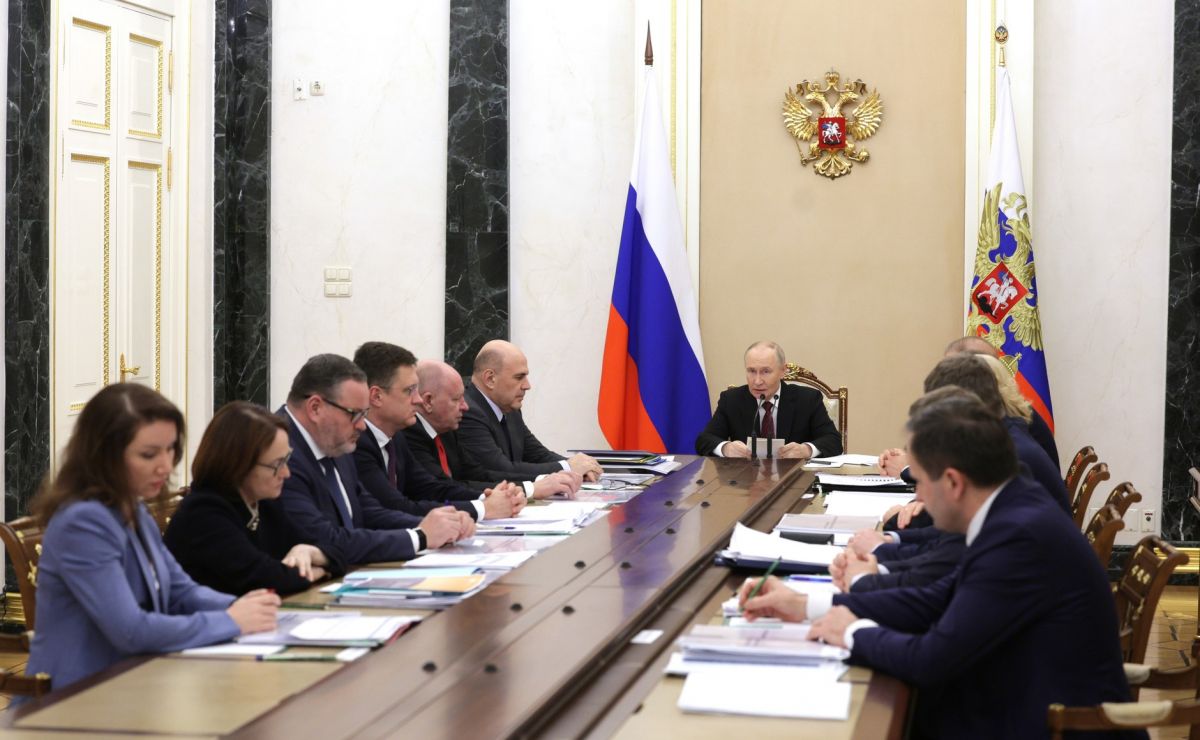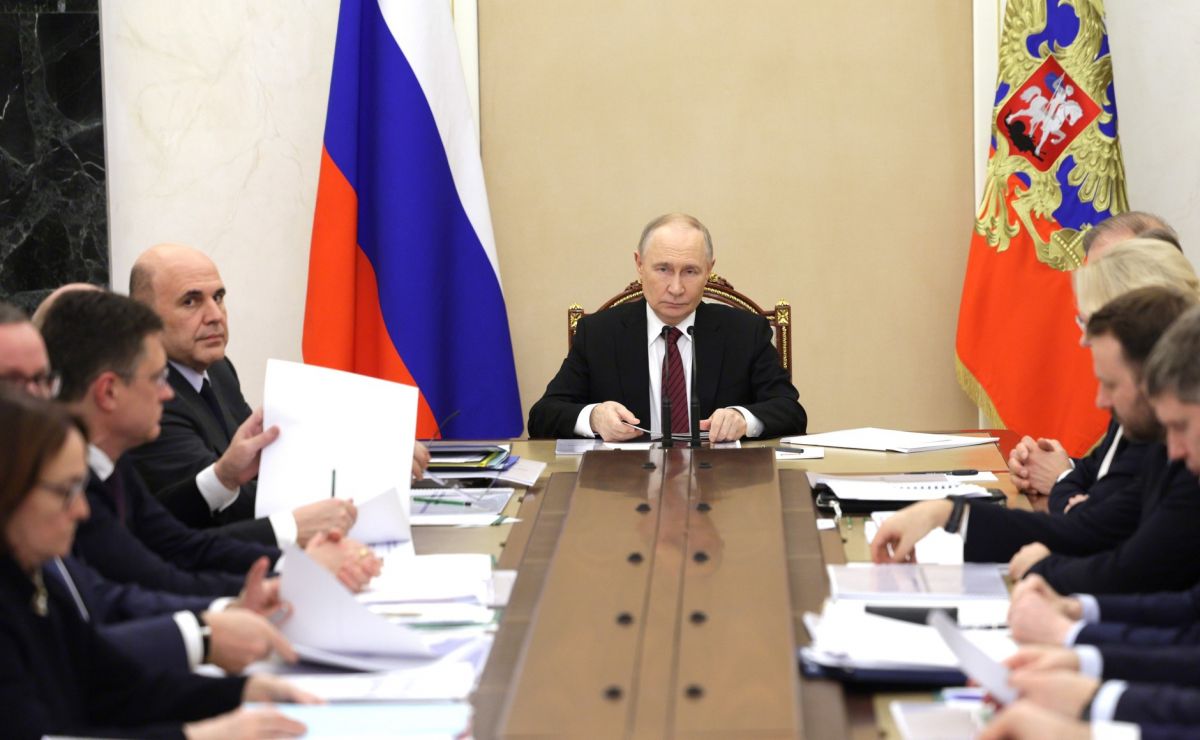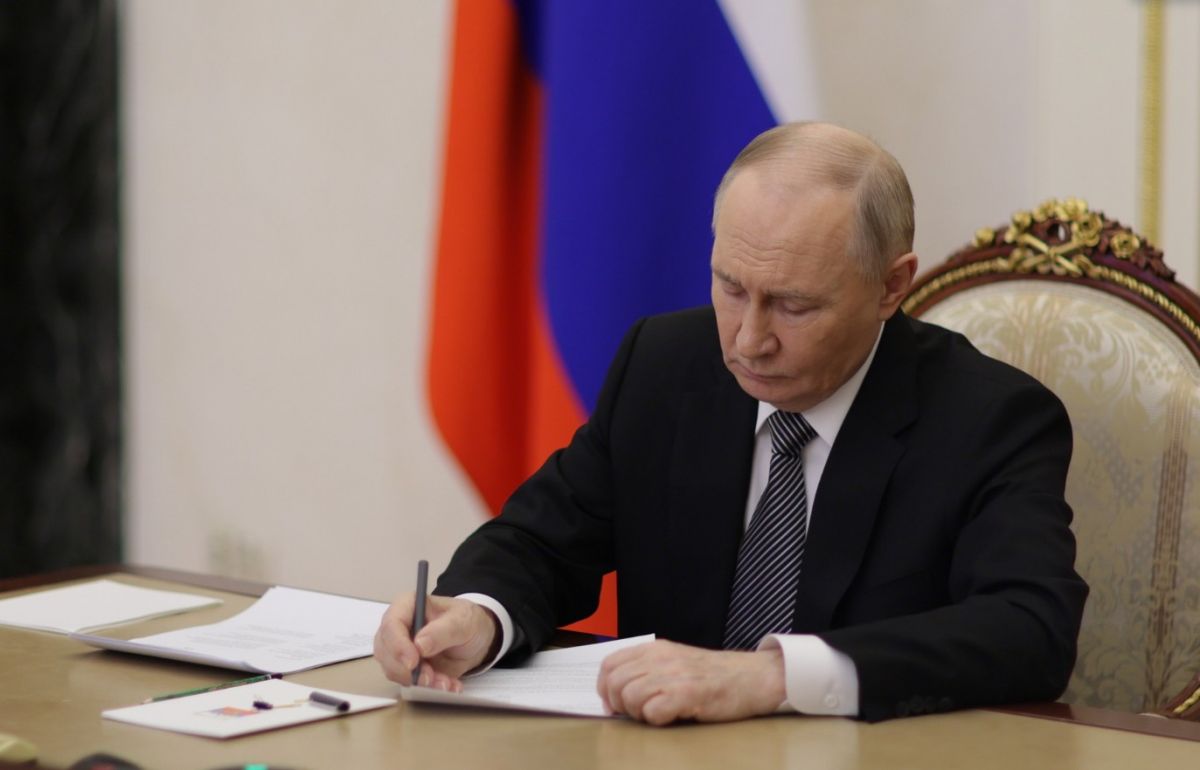
The weather is the most important thing...in the world: the role of countries in the fight against global climate change was discussed in Baku

© freepik.com
What is the UNFCCC
The United Nations Framework Convention on Climate Change (UNFCCC) is an international agreement aimed at jointly combating the effects of human interference in natural systems, which has led to global climate change. The Convention was adopted and signed by representatives of the Governments of 154 countries at the Earth Summit in Rio de Janeiro in 1992, and it entered into force on March 21, 1994. The UNFCCC calls on countries to continue scientific research on global climate change and, through regular meetings and negotiations, to develop a plan and policy in which ecosystems could adapt to new climatic conditions, food security was guaranteed, and economic development was sustainable. The countries that have signed the UNFCCC are divided into three groups: developed countries (Annexes I), developed countries with special financial obligations (Annexes II) and developing countries. At the time of signing, the list of Annex I countries included 38 advanced economies, and Annex II countries included those that had committed themselves financially to assist developing countries and countries with economies in transition.The first implementation of the UNFCCC was the Kyoto Protocol, signed in 1997 and in force from 2005 to 2020. The Kyoto Protocol was replaced by the Paris Agreement, signed in 2016.
Paris Agreement
The agreement was adopted on December 12, 2015 at the 21st Conference of the Framework Convention on Climate Change (UNFCCC) in Paris. It replaced the Kyoto Protocol, adopted in 1997. All 197 participants of the convention agreed that in order to prevent irreversible environmental consequences, it is necessary to keep the increase in the average temperature on the planet within 1.5-2 degrees compared to the pre-industrial era (1850-1900).The role of Russia
The Paris Climate Agreement entered into force for Russia on November 6, 2019.Russia has announced that it will reduce emissions by 25-30% by 2030 from 1990 levels, taking into account the maximum possible absorption capacity of forests. According to the data announced by Mishustin on November 12 at the Baku Summit, Russia managed to reduce greenhouse gas emissions by more than 2 times from the 1990 level. And by 2060, Russia plans to achieve carbon neutrality. In particular, the emphasis is on improving energy efficiency, developing electric transport, and implementing modern solutions in agriculture and forestry.In Russia, 85% of the energy balance is accounted for by clean, low-emission generation. This is primarily gas, nuclear, and renewable energy.
- Our own technologies and production capacities are being increased to decarbonize industries. Natural opportunities are also used. One fifth of the global forest resources are located on the territory of Russia. The volume of acquisitions exceeds 1 billion tons of carbon dioxide equivalent per year," the Prime Minister of the Russian Federation said during his speech at the Summit.
Russian President Vladimir Putin stressed that Russia stands for joining forces in the fight against climate change. Prime Minister Mishustin outlined the following priorities for such work:
-
Agreeing on a new collective goal in the field of climate finance: Support should be real and meet the conditions of developing countries, directing funds to decarbonize industries with high emissions.
"The transition to low-carbon energy without prejudice to the development of low-income countries: The problem of global warming should not be used as a pretext for discrimination, unfair competition and artificial restrictions.
The introduction of practical mechanisms for the implementation of international agreements and the creation of a unified system for assessing the quality of climate projects.
Collaboration of scientific communities: National research will help to obtain more accurate data on climate change on a global scale to make effective decarbonization decisions.
Recall that in 2023, Vladimir Putin approved the updated Climate Doctrine of the Russian Federation, which for the first time set a goal for Russia to achieve carbon neutrality &equilibrium of CO2 emissions and uptake — by 2060 year. The doctrine confirms the goal to achieve by 2060 70% of net greenhouse gas emissions (including absorption) from the 1990 level, suggests additional measures to decarbonize economic sectors and increase the absorption capacity of managed ecosystems. The goal of these measures is to have net emissions by 2030 at 54% of the 1990 level.Separately, the doctrine fixes the inadmissibility of unjustified discrimination in taking measures to combat climate change affecting international trade. Thus, it was stated that Russia is against European cross-border carbon regulation, and experts spoke about the importance of independently assessing and drawing conclusions about the ongoing and expected consequences of climate change.to provide their own technological needs » to respond to climate threats.




